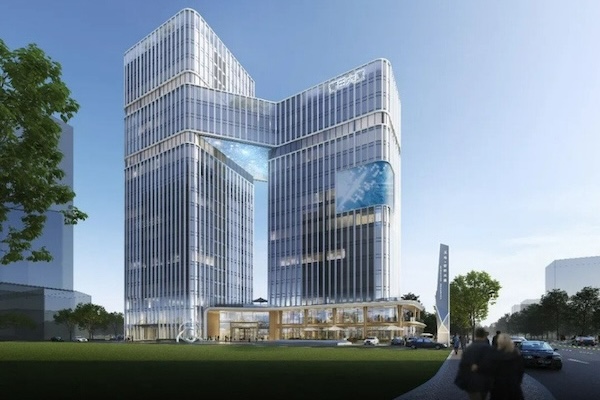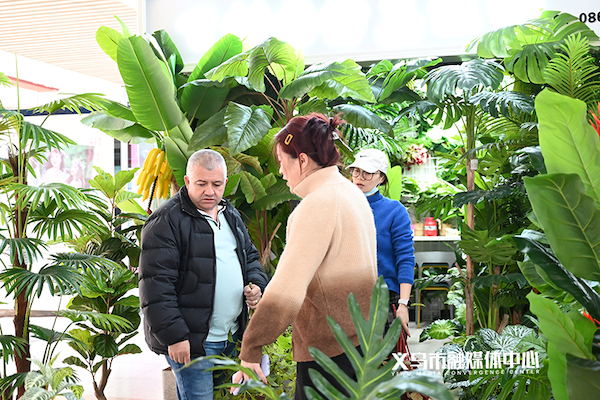Zhejiang free trade zone keeps chugging on
The projects were mainly involved in sectors like shipping logistics, smart warehousing, cross-border e-commerce, digital platforms and financial services.
Their operations are expected to generate more than 200 billion yuan ($30.77 billion) in annual revenue, while also bolstering the area's drive to become an internationally influential oil and gas resource distribution center.
Over the past year, Zhejiang FTZ has introduced more than 40 preferential policies in terms of finance, taxation, talent and other areas to facilitate reform and opening-up while the four areas are being developed with different goals.
For example, Zhejiang Petroleum and Chemical Co is the country's only private enterprise to be qualified to import and export raw petroleum, refined oil products and low-sulfur oil when it was approved to import 14 million metric tons of raw petroleum and export 2 million tons of refined oil products and 390,000 tons of low-sulfur marine fuel oil in December.
The zone's Hangzhou area reformed the cross-border retail supply chain by integrating cross-border retail imports with product processing, which enables suppliers to process their products in the bonded area. Due to the system, PT Swift, a brand of edible bird's nests, built a production line in Hangzhou area last year. It can import raw materials from Malaysia, then process directly in the factory after receiving an order and the freshly stewed products will be delivered to consumers the next day.
Ningbo area was the first to join the Qualified Foreign Limited Partner (QFLP) program in the province last year, which encourages foreign investors to get involved in domestic equity investment programs.
Some reforms in Zhejiang FTZ have been promoted in other cities across the country.
The reform in the entry and exit supervision of international ships by Zhoushan area was recognized as one of the best practices by the Ministry of Commerce, which improves the efficiency of international ships entering and leaving the port. The online business mediation platform launched by Hangzhou area was selected as one of the best practices in pilot service trade innovation programs by the State Council, the country's Cabinet.
So far, Zhejiang FTZ has launched 102 major projects, involving a total of 358 billion yuan in investments.
Further on, Zhejiang is planning to develop the FTZ into a demonstration zone for the development of the digital economy. According to the plan, the demonstration zone initially includes the entirety of Hangzhou, the first comprehensive cross-border e-commerce pilot area in the country, and later adds Ningbo and Jinhua in 2021 and 2022, respectively.
Jinhua-Yiwu, Ningbo and Zhoushan areas are jointly building up the Yiwu-Ningbo-Zhoushan corridor, which will become an economic powerhouse that helps form a new trade mode of small and bulk commodities.
Promote common prosperity
"Building Zhejiang into a demonstration zone for achieving prosperity asks for the interconnected development between areas in Zhejiang FTZ," noted Hu Zhenfang, deputy director of the Zhejiang Provincial Department of Commerce.
To stimulate the development of surrounding areas in Zhejiang province, six interconnected innovation areas, including Hangzhou, Ningbo, Wenzhou, Jiaxing, Jinhua and Taizhou, were approved by the Zhejiang provincial government in 2019.
The second batch of interconnected innovation areas was announced in June, including Huzhou, Shaoxing, Quzhou and Lishui.

 Yiwu and Qingtian: Global supermarket alliance spurs economic growth
Yiwu and Qingtian: Global supermarket alliance spurs economic growth Artificial flowers: Yiwu's evergreen business
Artificial flowers: Yiwu's evergreen business Yiwu Intl Trade Market reopens after Spring Festival holiday
Yiwu Intl Trade Market reopens after Spring Festival holiday